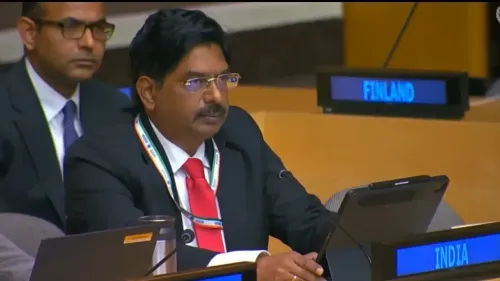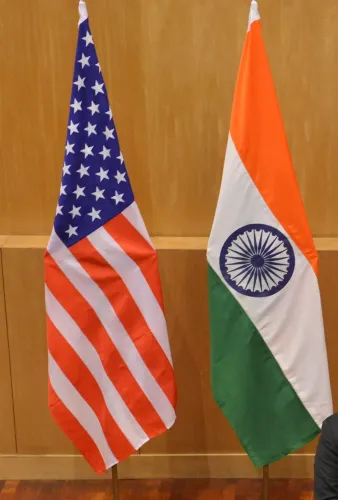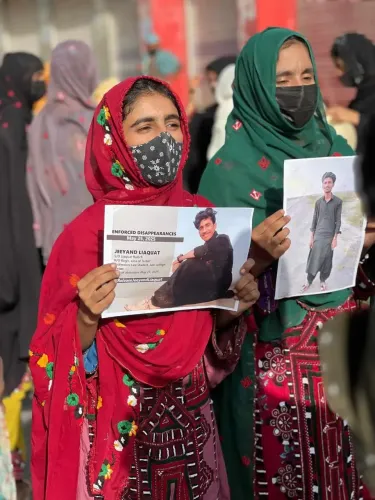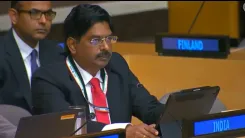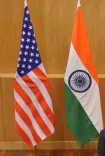What Impact Does the Torkham Border Closure Have on Transporters Amid Afghanistan-Pakistan Tensions?
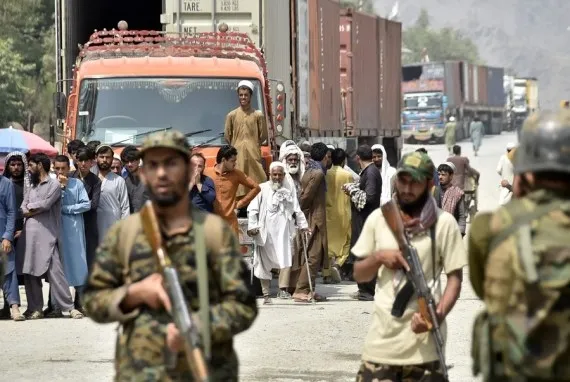
Synopsis
Key Takeaways
- Transporters are facing severe hardships due to the closure of the Torkham border.
- Around 4000 to 5000 vehicles are stuck, impacting trade significantly.
- The closure has escalated financial and psychological issues for transporters.
- Calls for separating trade from political issues are growing louder.
- Ceasefire agreements are in place, yet the border remains shut.
Islamabad, Oct 27 (NationPress) Afghan and Pakistani transporters are currently marooned on the road heading to the Torkham border, which has been shut since October 13. They are appealing to officials to separate bilateral trade from the ongoing political and security disputes between the two countries.
The transporters shared with local media that they are experiencing significant hardships, including financial constraints and emotional distress.
According to reports from Pakistan's prominent newspaper Dawn, approximately 4000 to 5000 vehicles laden with various trade items are in limbo, awaiting the reopening of the border, with no clear timeline for the resumption of trade relations in sight. The transporters are grappling with numerous challenges, such as security for themselves and their goods, financial losses, scarcity of food and water, and ongoing mental strain.
One local transporter expressed that many of his colleagues have depleted their funds over the past two weeks in an effort to secure water, food, medicines, and maintenance for their loaded trucks. He lamented that none of the so-called transporters' unions had inquired about their struggles, while brokers and goods owners are indifferent to their financial plight, refusing to unload current shipments to prevent further losses. He emphasized the difficulties in safeguarding their vehicles, sourcing food and water, and enduring nights on the hard ground with no alternatives.
Their plight arises amid escalating tensions between Afghanistan and Pakistan starting October 11, shortly after explosions shook Kabul while Afghanistan's Foreign Minister, Amir Khan Muttaqi, was visiting India. Following this, the Taliban initiated a deadly offensive along the border with Pakistan.
Both nations later reached an agreement for an immediate ceasefire after more than a week of intense clashes that resulted in numerous fatalities and injuries.
Pakistan has accused the Taliban of permitting hostile factions, including the Tehreek-e-Taliban Pakistan (TTP), to operate from “sanctuaries” within Afghanistan, a claim the Taliban has denied. The Taliban, in turn, has attributed the escalation in conflict to Pakistan's aggressive actions, including airstrikes on Kabul.

